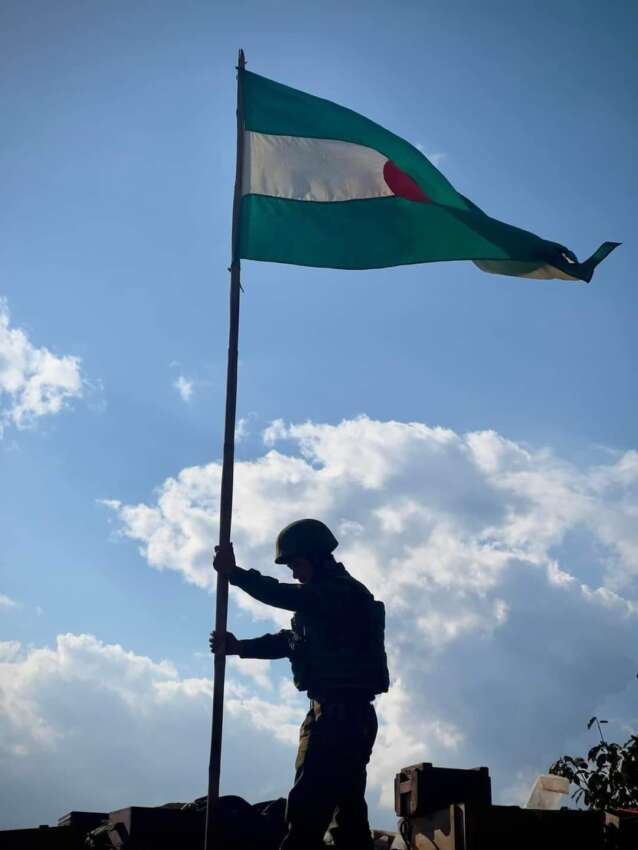
The Ta’ang National Liberation Army (TNLA), which controls townships in northern Shan State, is facing various threats from China, according to TNLA Deputy Secretary-General Colonel Tar Pan La, who made this revelation during a recent press conference. The Chinese government has been pressuring and threatening to prevent military operations along the China-Myanmar border, areas with Chinese gas pipeline projects, Chinese investments, and locations where China has economic interests. Colonel Tar Pan La explained that China has been consistently applying pressure for over two decades to prevent conflicts in these areas, both through direct communication and message exchanges.
The Chinese threats have become particularly evident in recent communications from the Ruili government, with pressure being applied through various channels beyond verbal warnings. Since June 2024, China has implemented a four-cuts strategy of blockades and restrictions. As a result, local civilians are experiencing severe hardships due to the combined effects of restrictions imposed by both China and the military council. The situation has led to significant disruptions in trade and commerce, severely impacting the local economy and people’s livelihoods. Colonel Tar Pan La detailed how these pressures have created substantial challenges for the local population, making it difficult for them to meet even basic needs.
The impact of Chinese pressure has been particularly severe on the local population, affecting their daily lives and basic subsistence. The economic blockade has effectively halted market activities, making it extremely difficult for people to maintain their livelihoods. There is growing concern among the public about China’s actions, which are seen as detrimental to regional peace and stability. These pressures from China are viewed as potentially exacerbating regional conflicts and interfering with the fundamental rights and freedoms of the local population. The situation has created a complex humanitarian challenge, with civilians caught between geopolitical pressures and their struggle for survival and basic rights.



